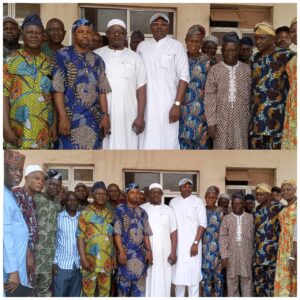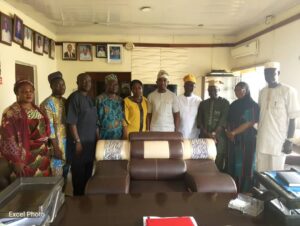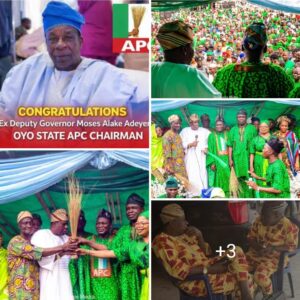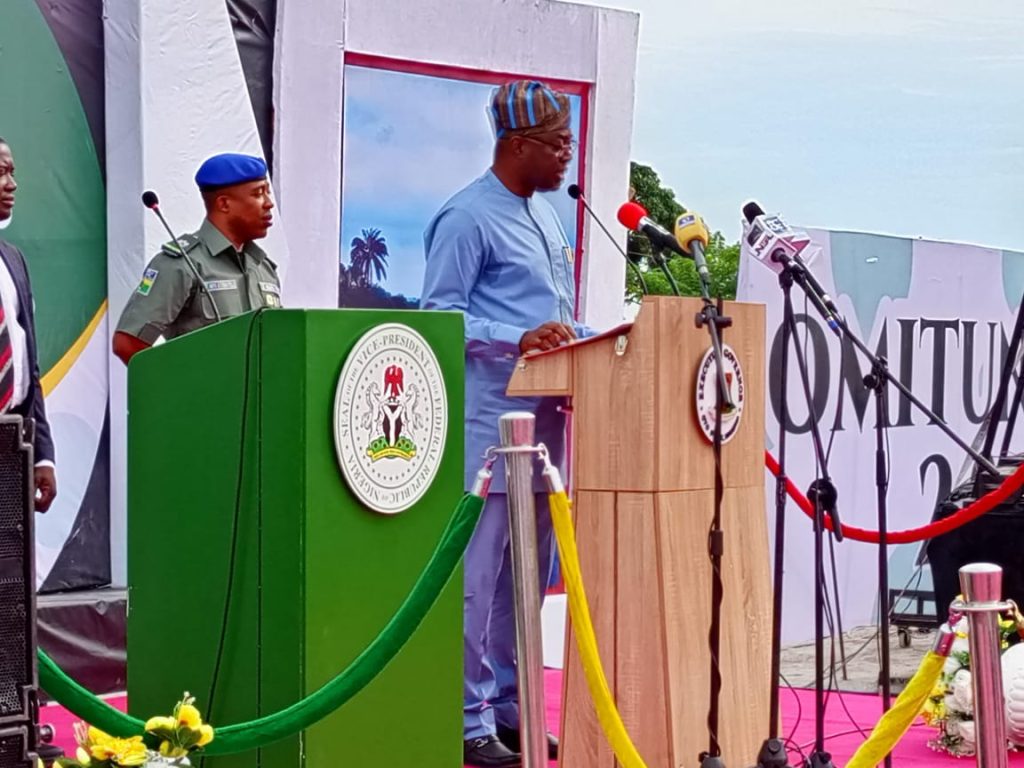
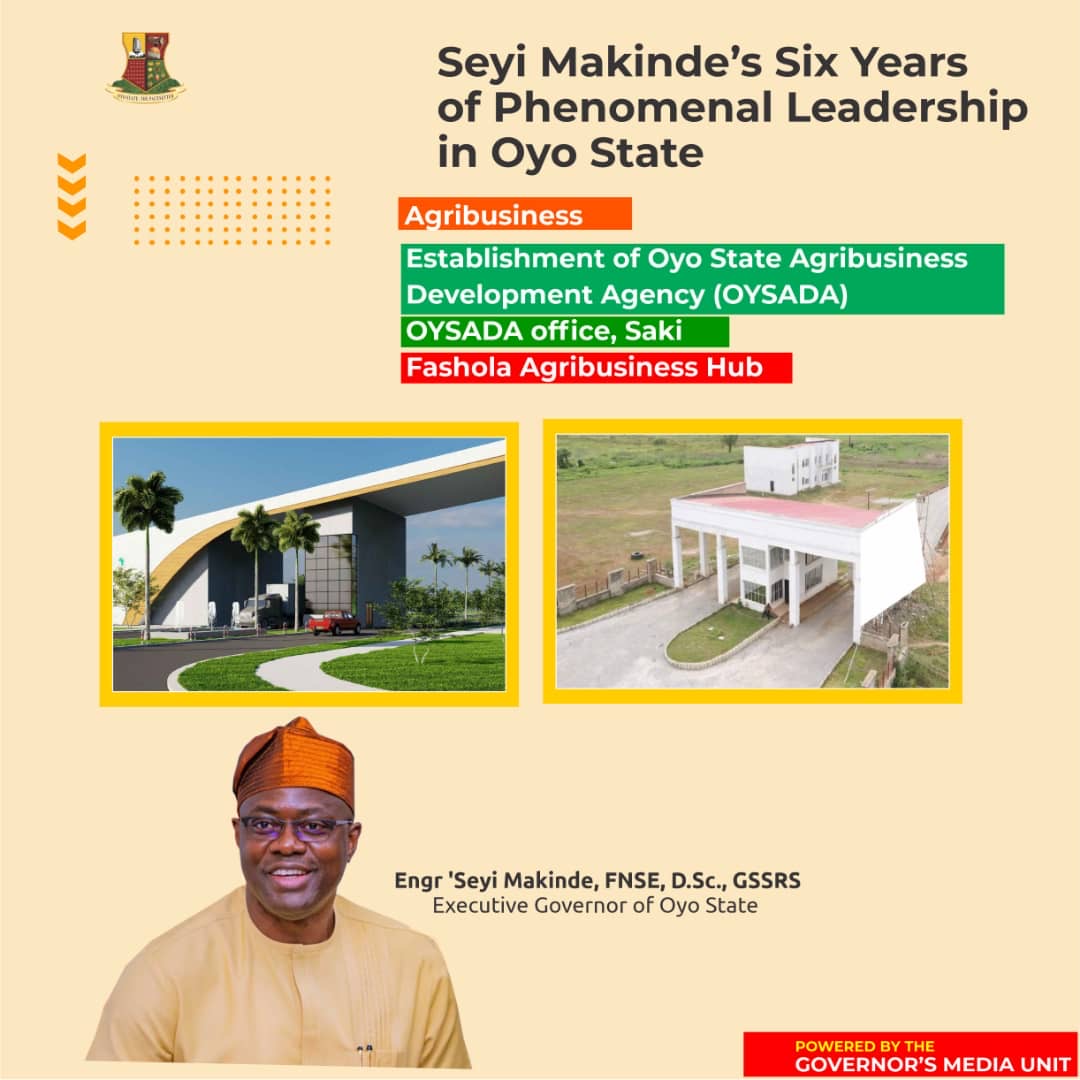



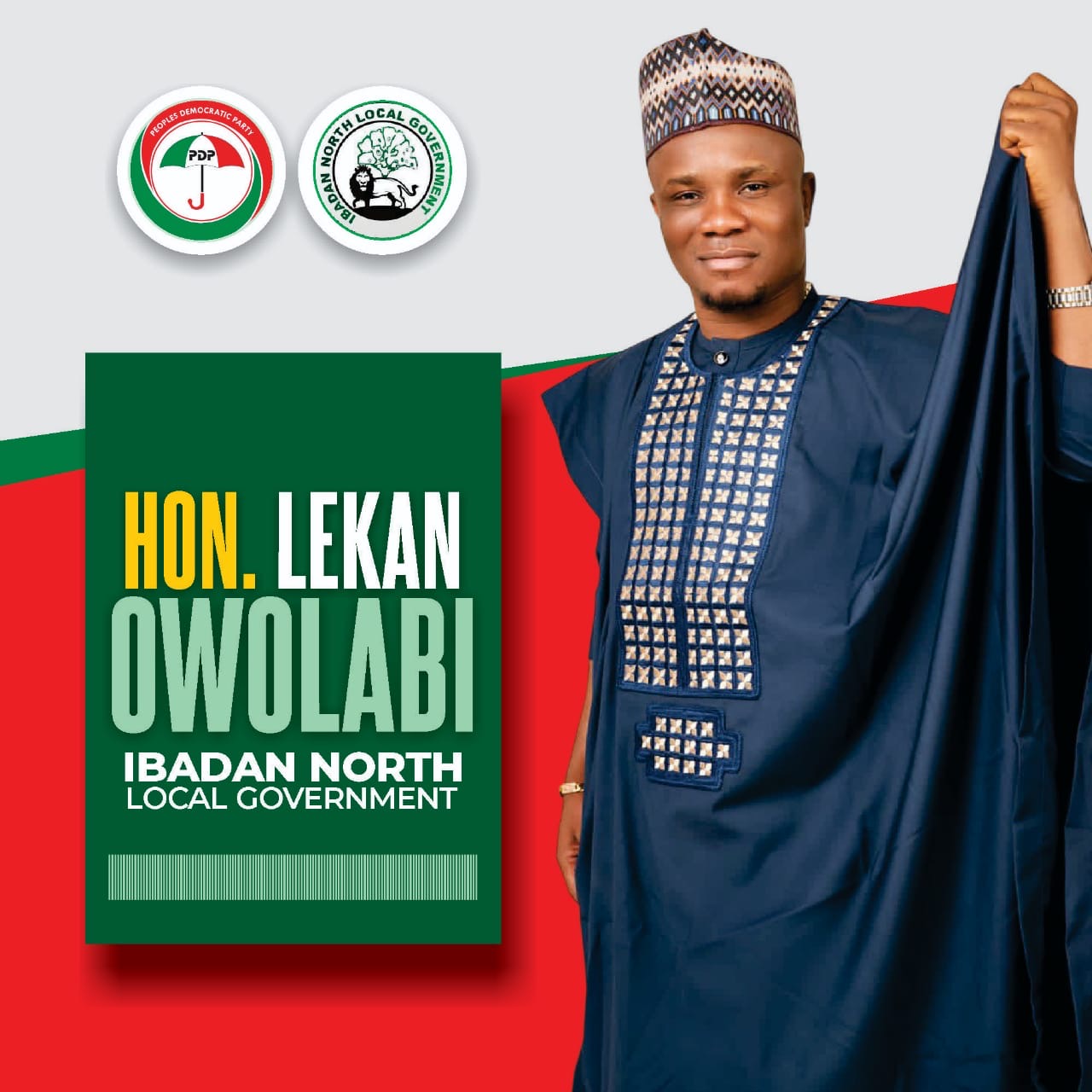
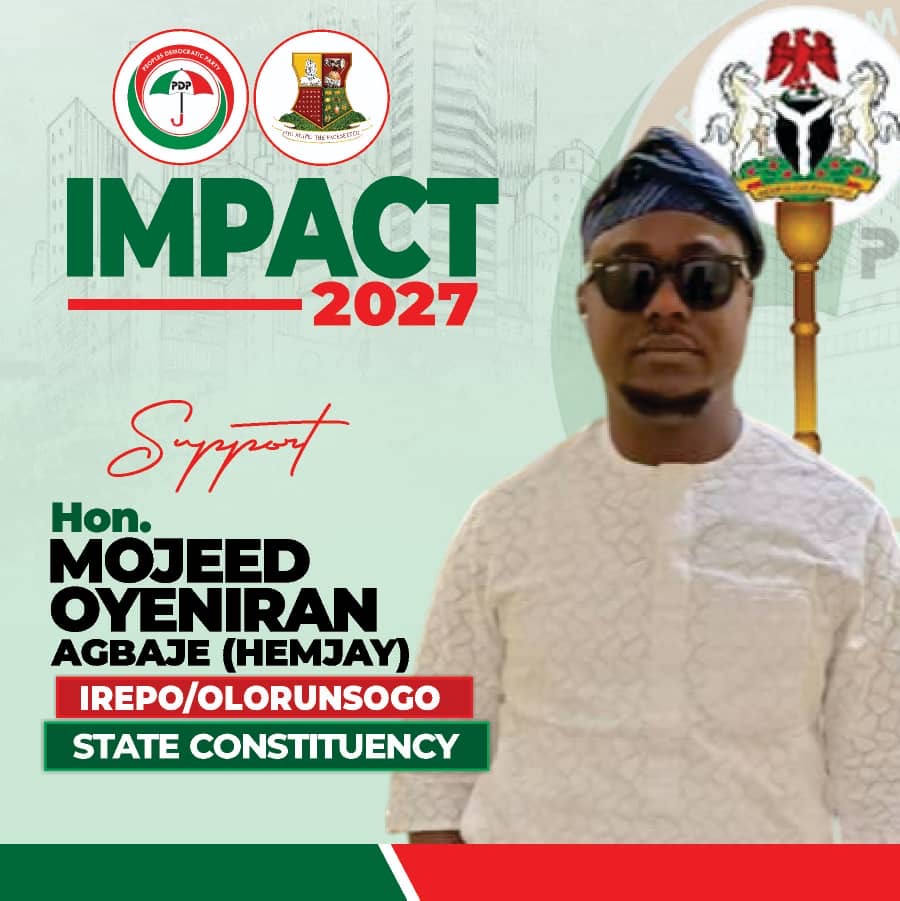
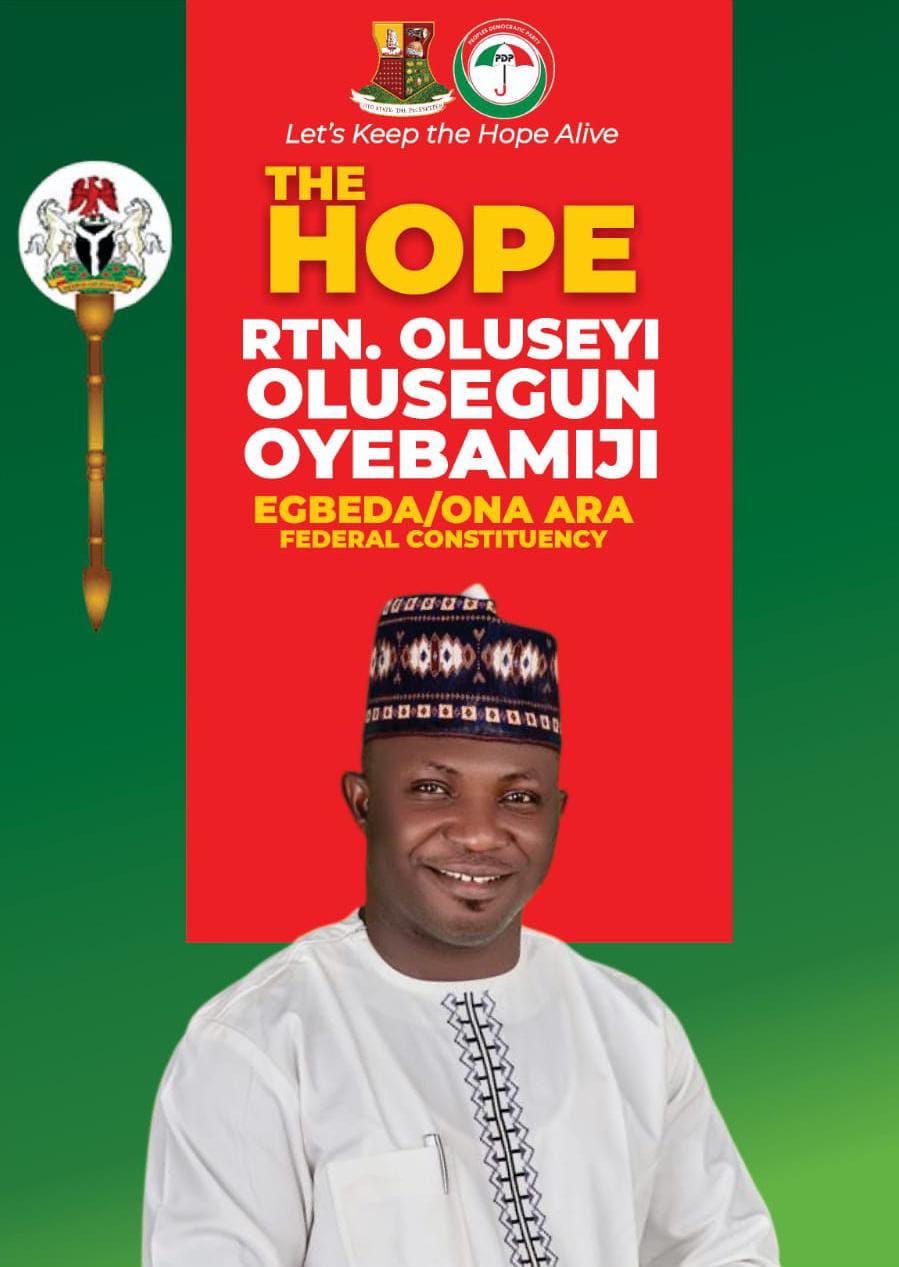

For the past six years, Nigeria’s economy has been plummeting, although the effect of the gradual damage is more evident in the lives of Nigerians.

The Buhari Regime was an economic disaster as Nigeria went from a Minister of finance at Prof. Okonjo Iweala level to Zainab Ahmed.



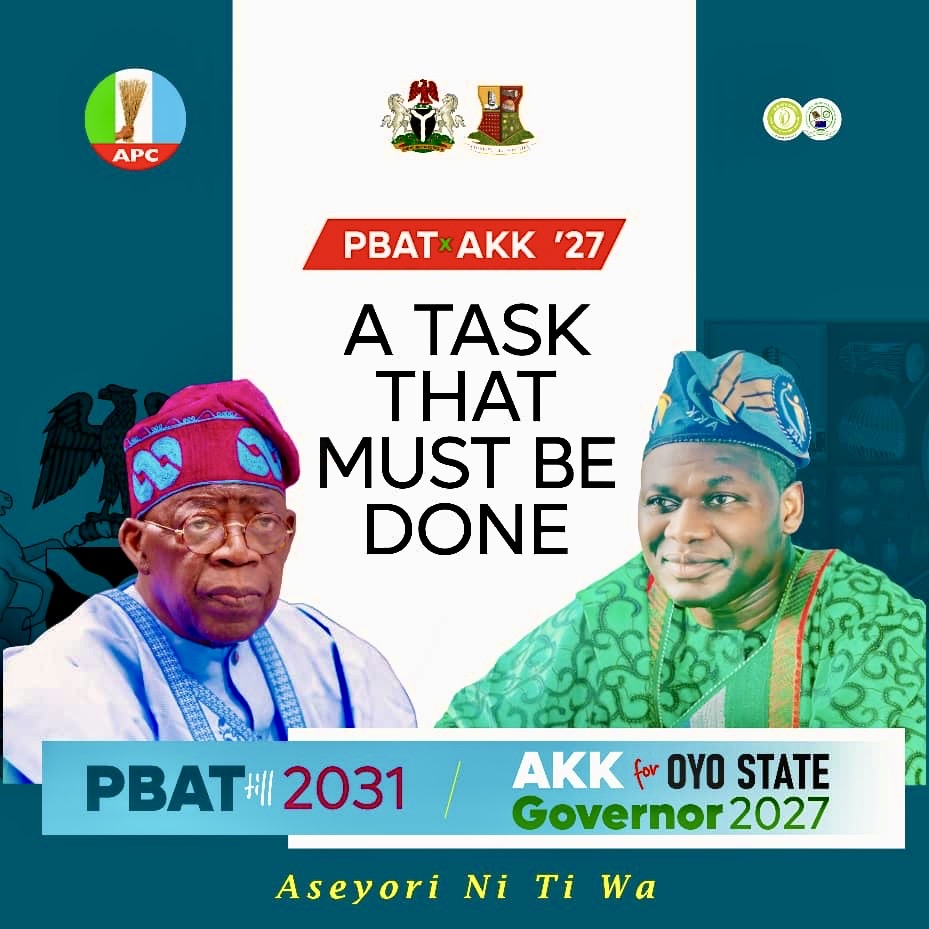

The Country’s economy lacked a clear direction and policy summersault was the hallmark of the Buhari administration’s economic policies.
Without doubt, the Tinubu administration inherited a badly managed economy which needed to the rejigged. The process of rejigging a directionless economy is a cumbersome one with a lot of pains for all.
These pains are currently been faced by the masses in no small measure. Inflation rate has continued to rise staying at 33.95% at May 2024, with Food, Housing and Utilities and Transportation been the worst hit.
Food prices are the worst hit by the inflation at 40.66% according to the Nigerian Bureau of Statistics, and housing is not far behind at 29.64% inflation.
The Masses are currently struggling with the impact of high cost of food items, which was evident as Nigerian Muslims struggled to celebrate the highly revered Eid festival in mid-June.
Due to the prevailing economic conditions, many Nigerians have been forced to drastically reduce their food intake, with a significant number now eating one meal a day, a far cry from the recommended three meals per day.
Housing is not exempted either, as house owners increased the cost of rents and lease due to the continued increase in the cost of building materials.
The transportation sector, which is also vital to the common man has continued to be a thorn in the flesh for the common man.
With a 25.62% inflation rate largely driven by the very high cost of acquiring used vehicles and the high cost of petroleum products, the sector has driven the common man to walking kilometres on a daily basis.
Nigeria’s high cost of products has been driven by the exchange rate, as a largely import dependent country, most product consumed are impacted by the high cost of exchanging the dollar to Naira.
The Tinubu led administration continues to assure Nigerians of a brighter tomorrow, the administration must also show fiscal responsibility in expenses that affect the welfare of the political class.
While the masses are groaning and suffering, they have been largely hopeful, however the current crises in Kenya should wake the Federal Government from the illusion of been in control of the situation.
What is Oyo state doing to alleviate the suffering of the masses?
Although, Governors are almost powerless in shaping the economy of the country, however as state chief executives, Governor can alleviate the effect of a faltering economy on the residents of the state.
A governor can also create foundation or build on a well laid foundation for an economically viable state where residents can better live with the effect of a faltering national economy.
The Engr. Seyi Makinde administration has invested heavily in short term poverty alleviation for the masses and a well-structured long term initiatives targeted at building a robust and diversified economy capable of providing the residents a decent standard of living irrespective of a faltering economy.
SHORT TERM INITIATIVES
SAfER INITIATIVE
Considering the fact that the high price of food items is a major factor in the hardship being faced by Nigerians, the Engr. Seyi Makinde administration has invested in food palliatives to the most vulnerable residents.
Oyo state economic palliative to the vulnerable was code named the SAfER INITIATIVE had the distribution of 10kg of rice, 5 kg of garri, 5kg of beans, 5kg of yam flour and 1liter of vegetable oil.
This Initiative has distributed farm seedlings to over 10,000 farmers across the state, 2,600 poultry farmers have gotten maize for feeds, feeds to pig and cattle farmers, distribution of farm tools, chemicals to farmers and low interest loans to farmers.
WAGE AWARD
The Engr. Seyi Makinde administration was one of the first Governor to implement the wage award to civil servants and pensioner. Oyo state presently pays N25,000 to civil servants and N10,000 to pensioners. This is expected to cushion the effect of the galloping inflation and also economically hydrate the state’s economy pending the determination of the currently being negotiated minimum wage.
PACESETTER TRANSPORT INITIATIVE
The state implemented a subsidy on transportation using the SAfER transport strategy, with 17,000 commuting intra-city and inter-city at half price, paying between 100 to 200 Naira for inter-city commuting.
JOB CREATION.
The state government is currently recruiting 7,000 primary school teachers and also recruiting health workers for state hospitals.
This recruitment will in no small way have a direct and immediate economic effect on thousands of residents.
LONG TERM
ECONOMIC DIVERSIFICATION
Agriculture has been a major pillar of the Seyi Makinde administration, the state resuscitated the Fashola farm settlement and also upgraded it to a farm estate while Ijaiye and Eruwa farm settlement are being resuscitated.
Tourism sector has been named as a focal sector in the second term of the Seyi Makinde administration.
The sector is notable for multi-level job creation and revenue generation.
INFRASTURE- is a major factor in economic planning for development.
The Engr. Seyi makinde administration has not only out-performed any administration that had existed before it, the administration has ensured the infrastructure is targeted towards the economic sustainability of the state and also development across the 5 zones.
The administration has linked Oke-Ogun – Ibadan, Oke-ogun – Ogbomoso, Oke-Ogun – Oyo and Oke-Ogun –Ibarapaland with inner roads not left out and the on-going Ibadan circular road which will create a development circle around Ibadan-land and also enhance the various business corridors in Ibadan.
What more should be done
The southwest governors recently aligned to develop an agricultural plan aimed at having food sustainability for the region.
Oyo state has to take a lead in ascertaining crop of comparative advantage and invest in ensuring massive farming of those crops.
While the state has done well in attracting food processing companies to Oyo state, more companies need to invest in fruit processing such as our Mango and cashew at Ogbomoso and Oke-Ogun zones.
By focusing on these areas, a Governor can address immediate economic challenges while laying the foundation for long-term prosperity and stability in Nigeria.


